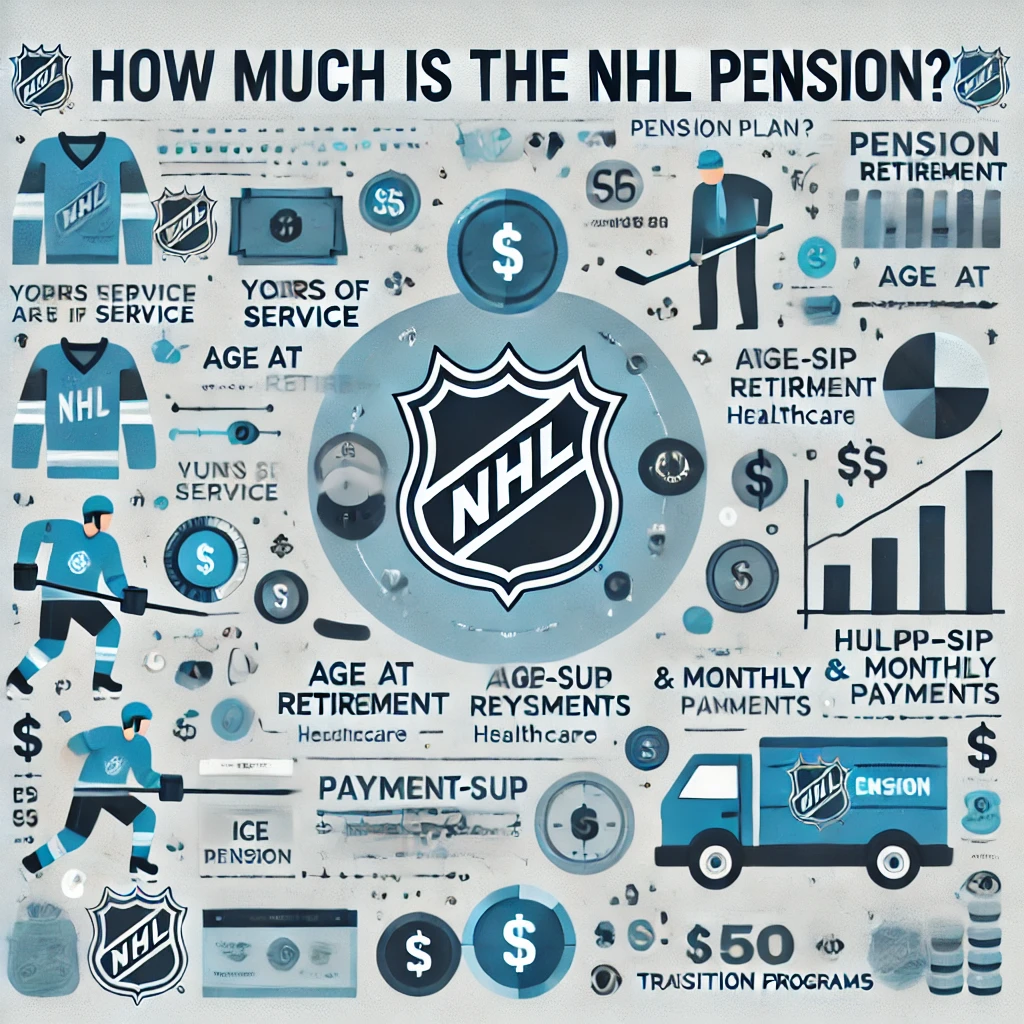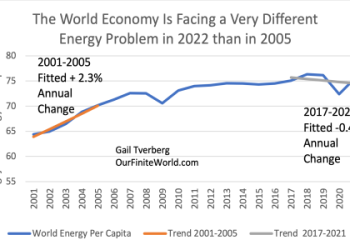Alright folks, let me tell you about how I figured out the whole “nhl games played for full pension” thing. It was a bit of a rabbit hole, but I think I’ve got a decent handle on it now.
First off, I started by Googling the obvious. I mean, who doesn’t? I typed in “NHL pension requirements” and stuff like that. Got a bunch of links to the NHL’s official website, some player association pages, and a few sports news articles. Skimmed through a bunch of them, but it was all kinda vague.
Then, I dug a little deeper. I figured, “Okay, there’s gotta be some kind of official document outlining this stuff.” So, I searched specifically for the NHL Collective Bargaining Agreement (CBA). That’s the agreement between the NHL and the NHL Players’ Association, and it covers everything from salaries to, yep, pensions. Found a PDF version online – it’s a beast, like hundreds of pages long. But I was determined.

Started CTRL+F-ing like crazy. I searched for keywords like “pension,” “retirement,” “games played,” “eligibility,” and anything else that seemed relevant. It was tedious, I won’t lie. Lots of legal jargon to wade through. My eyes were starting to cross after a while.
Then I hit paydirt! Found a section that specifically addressed pension eligibility. It wasn’t super clear, but it mentioned something about a certain number of years of service or a certain number of games played to qualify for a full pension. But, it was all phrased in lawyer-speak.
Next step: simplification. I took what I found in the CBA and started breaking it down into plain English. Basically, I had to translate legal terms into something a normal person could understand. I also cross-referenced this information with a few reputable sports news sites and blogs that seemed to have a good understanding of the CBA.
Here’s the gist of what I figured out: To get a full NHL pension, a player generally needs to have played a certain number of games, or have a certain number of years of service. The exact numbers can vary slightly depending on the specific CBA in effect at the time they played, because these things get renegotiated every few years. And “full” pension is also relative, depending on their earnings and how long they played.
Important Note: One of the things I realized is that even a few games can qualify a player for something in terms of pension. It might not be a “full” pension, but they will get a benefit, and the amount depends on how many games they played and their average salary.

Finally, I confirmed all of this. I found a few articles quoting financial advisors who work with NHL players, and they basically confirmed my understanding. They pointed out that planning for retirement as a pro athlete can be complicated, but the NHL pension is a good base to start from.
So, what did I learn?
- The NHL CBA is your best source of information.
- CTRL+F is your friend.
- Don’t be afraid to translate legalese into plain English.
- Cross-reference with reliable sources.
- Even a few games can make a difference.
It’s not rocket science, but it takes a little digging to get the full picture. Hope this helps!










